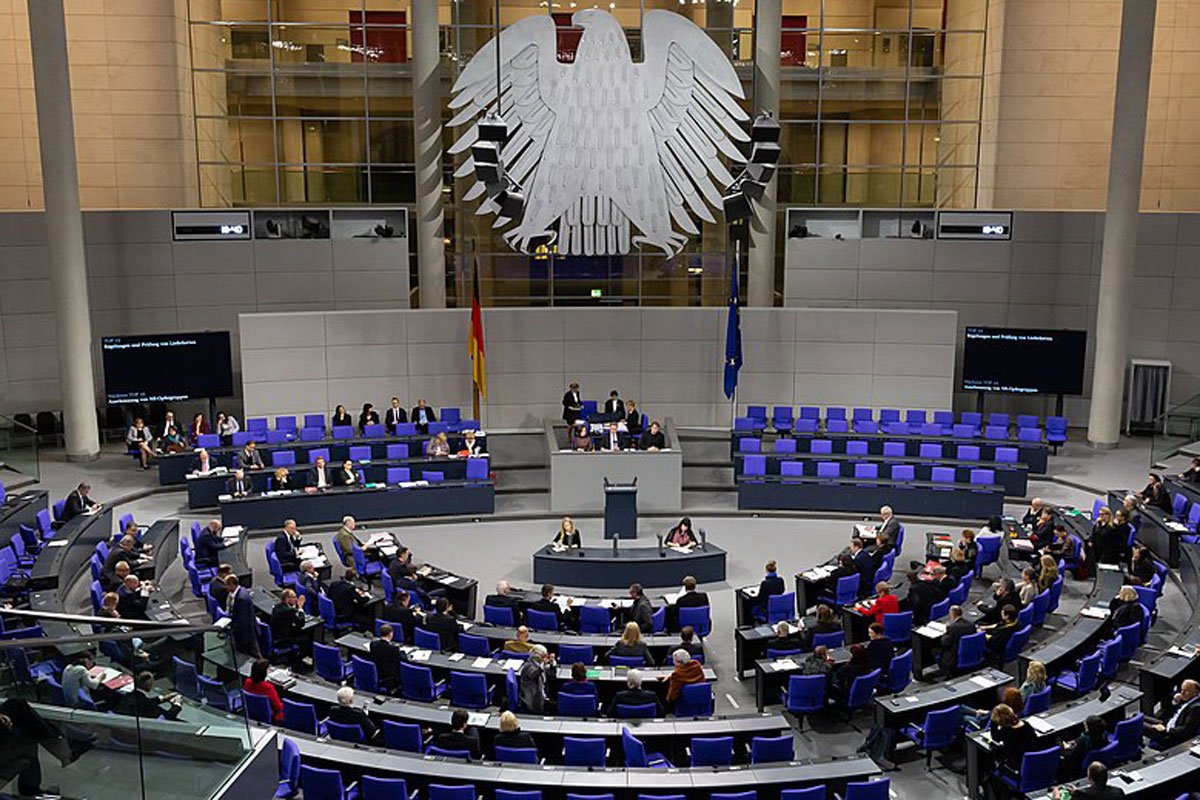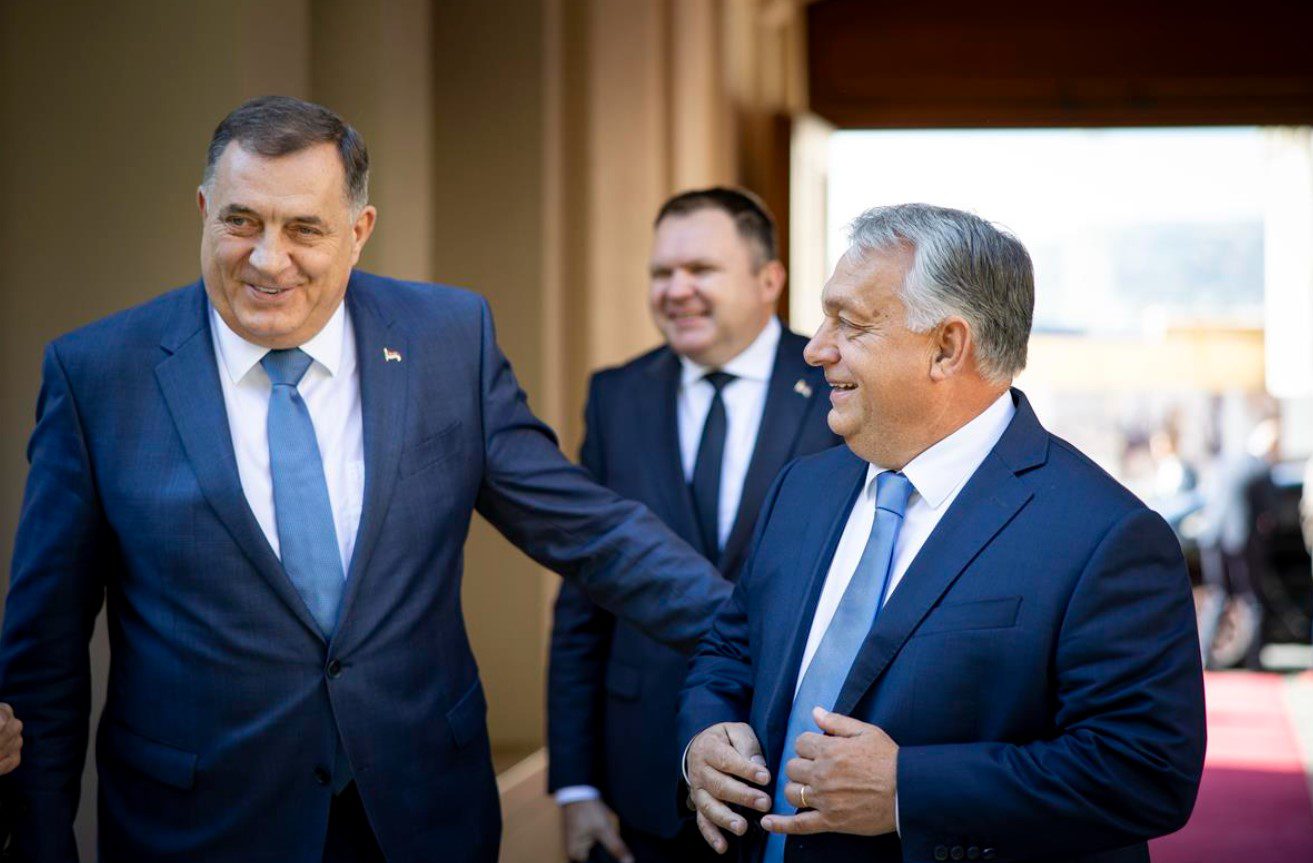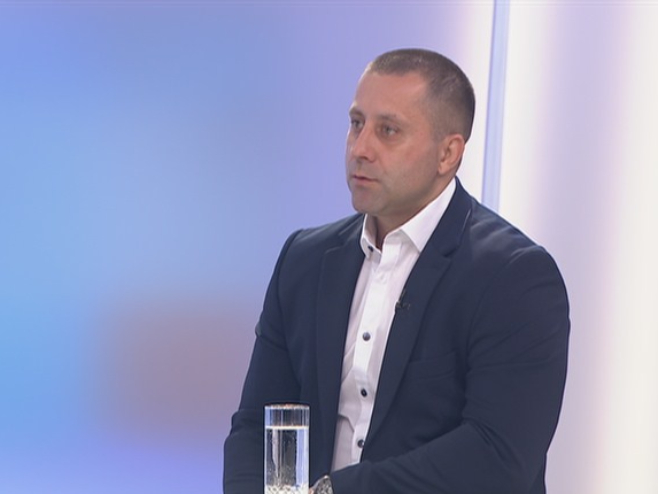In Germany, proceedings have been initiated against Christian Schmidt for human rights violations, which, if successful, would discredit this German diplomat and nullify his previous actions.
This information was shared by Dragan Dakić, a professor of international law, who stated that he initiated this request through Germany’s Ombudsman for Human Rights, an institution linked to the Bundestag that reviews allegations of human rights violations by German citizens and diplomats.
“I approached this with the assumption that Schmidt is a German citizen, which holds on two grounds. First, his citizenship, and second, his diplomatic status. In the end, they accepted my petition. I believe this alone represents a major legal and moral victory. The process is ongoing, but they have exceeded the usual timeframe for reaching a decision. I was informed that the delay was due to the case’s complexity, and the entire matter has now been forwarded to the Bundestag for a secondary review,” Dakić explained.
Q: What exactly did you request from the German authorities?
Dakić: In my petition, I requested that Schmidt be withdrawn from BiH and that all his enacted measures be annulled. I also requested acknowledgment that my human rights were violated. If my rights were violated, then the rights of all others living in BiH were as well. We will see what the final outcome will be.
Q: Schmidt appears undeterred, continuing his work, as evidenced by a new report sent to the United Nations Security Council.
Dakić: His report to the UN Security Council represents yet another attempt to legitimize himself as the High Representative in the eyes of the international public, shifting responsibility for his actions to the international community rather than to BiH or Germany, which both share accountability for his actions. For his role to be attributable to the UN, the Security Council would first need to mandate it, which has not occurred in his case. Secondly, regular reporting to the Security Council is required, which Schmidt is attempting to fulfill. Thirdly, his actions would need to be validated by the Security Council. Schmidt is trying to leverage the second point.
Q: What does that mean?
Dakić: In this case, Schmidt is acting as an executive authority of BiH. Furthermore, the Constitutional Court of BiH, not the UN Security Council, has recognized his authority, despite the necessity of UN validation. His actions clearly violate all legal principles, as he is not an official representative of the United Nations nor authorized by it, especially as High Representative. Nevertheless, Schmidt and his supporters continue pushing for strong central government in BiH, transforming it into a unitary state, which directly violates the Dayton Peace Agreement. Republika Srpska must continue to insist on its contractual capacity.
Q: Why has the issue of property, untouched for 30 years, now become a point of contention, with Schmidt attempting to remove entity jurisdiction over forests and water resources?
Dakić: In some federal countries, property is under central authority, but the Dayton Agreement does not position BiH as a federation; it’s closer to a confederation. Therefore, property ownership cannot be disputed—it belongs to the entities. The centralization that Schmidt is trying to enforce, which includes shifting property ownership to the state level, is contrary to both the spirit and the letter of Dayton. Schmidt’s actions are in violation of international law and are null and void.
Q: The European Commission recently issued a semi-annual report on BiH, warning of the “secessionist policy” in Srpska. Why is no one addressing the root causes of the crisis in BiH?
Dakić: Part of the blame rests with us, as we often fail to communicate our reasoning and responses to the international community. Labeling Srpska’s authorities as secessionist is unfounded, as rhetoric alone does not equate to legal actions supporting secession. There are frequent accusations based on rhetoric rather than substantial evidence. Reports on BiH’s progress toward EU accession should be grounded in concrete evidence of actions taken by our authorities. I believe our government is working extensively to harmonize Republika Srpska’s legal framework with EU standards. These reports are often political commentary, not factual statements.
Q: Legally, how do you view the trial currently underway at the BiH Court against the President of Republika Srpska, Milorad Dodik? If convicted, could further sanctions be expected?
Dakić: This trial can be seen as both a legal and politically motivated process, and it’s important to remember that. The case is currently at the domestic level, and the verdict is likely predetermined. This trial is not just about law; limiting the battle to this arena is unwise. It’s essential to initiate proceedings in international courts as well. Restricting efforts to the domestic level is a mistake, as the chances of winning this legal battle are low, especially given the involvement of external factors.
Trgovska Gora
Q: Earlier this year, the university where you work signed a cooperation agreement with the Ministry of Spatial Planning, Construction, and Ecology of Republika Srpska regarding the “Trgovska Gora” case. What has been done so far?
Dakić: We have outlined potential activities to supplement the existing legal strategy to prevent the construction of a hazardous waste site on the border with Srpska. We believe that a state-level strategy alone is insufficient. Citizens themselves have many legal tools and mechanisms at their disposal. All these proposals will soon be publicly presented.
Source: Glas Srpske









